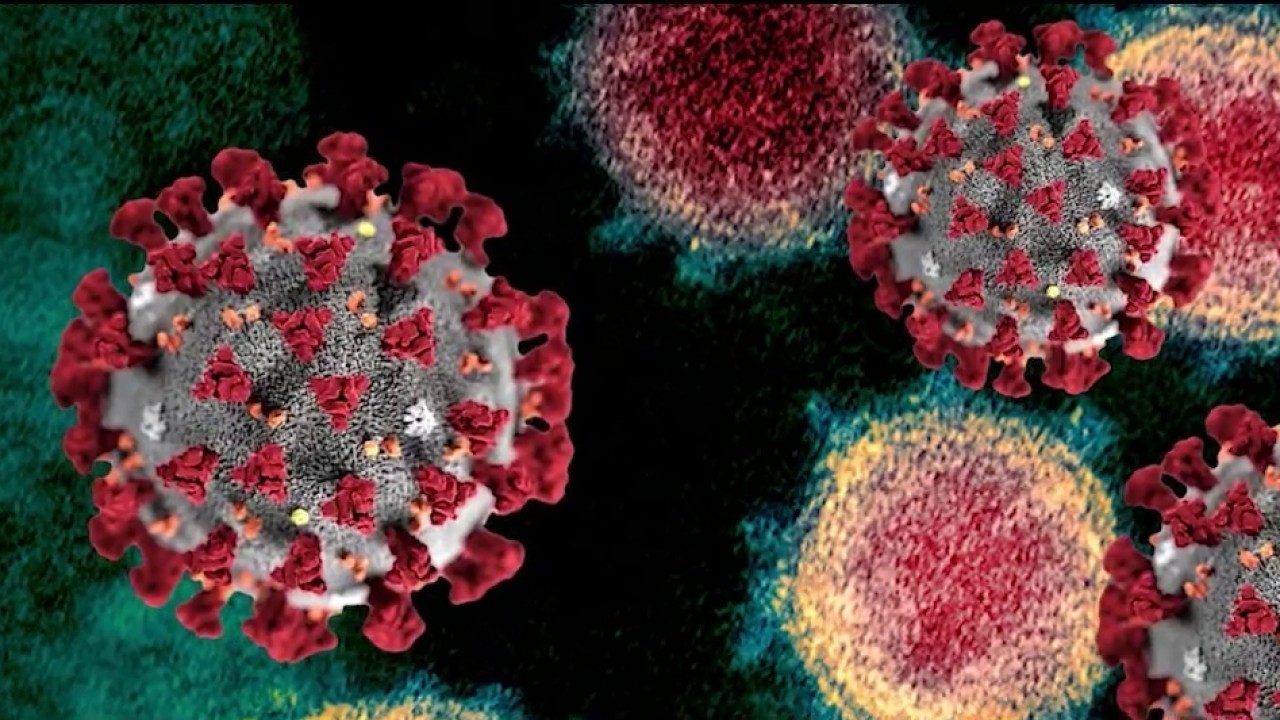[ad_1]
Several reports are looking at a possible link between the novel coronavirus and the rare neurological syndrome Guillain-Barre.
The New England Journal of Medicine discussed how five patients in Northern Italy were diagnosed with the neurological condition 5 to 10 days after the onset of symptoms of COVID-19. The report said patients demonstrated weakness and paresthesias starting in their legs that developed over a period of 4 days, causing some patients to require ventilation and experience paralysis. The authors of the report said the onset is similar to Guillain-Barre syndrome that occurs after illnesses such as Epstein-Barr and Zika virus.
INHALED DRUG SHOWS PROMISE IN CORONAVIRUS TREATMENT: STUDY
The authors said the patients received intravenous immune globulin and one also received a plasma exchange. After a month, two remained in the ICU on ventilators, while two others received physical therapy treatment for paralysis and another was discharged walking independently.
A report out of Iran described similar findings. Two cases were reported involving males diagnosed with GBS after complaining of weakness and paresthesia’s in their extremities several days after they tested positive for COVID-19. The men recovered, and authors of the report suggest Guillain-Barre syndrome should be considered in patients presenting with muscle weakness following SARS-CoV-2 infections.
Dr. Phil Harris, chairman of the Department of Physical Medicine and Rehabilitation at Brookdale Hospital in Brooklyn, NY, told Fox News Guillain-Barre syndrome is “an autoimmune process affecting the nerves and potentially the nerve’s axon.”
Harris said the disease attacks the nerves, causing an abnormal sensation, weakness and possible paralysis. The physician said it is usually detected through several tests including electrodiagnostic studies and can be reversible. However, in cases where the nerve axon is involved, it can cause prolonged paralysis and affect respiratory muscles, he said.
Harris, a physiatrist, said he does see neurological symptoms, such as weakness in the hands and legs associated with patients recovering from COVID-19, in his clinic. He noted that more research is needed as health professionals discover the virus is appearing to affect more than just the lungs.
“COVID-19 hits multiple systems and hits in different ways,” said Harris, describing how the virus can affect the vascular system with blood clotting, as well as inflammatory processes, and neurological pathways.
“We know that there are many complications related to our own body’s overwhelming inflammatory response to COVID-19 infection. There have been reported cases of Guillain-Barre in response to COVID-19 infections,” Dr. Fred Davis, associate chair of the emergency medicine department at Northwell Health Long Island Jewish Medical Center on Long Island, NY, told Fox News.
MIT CREATED A CHEAP, REUSABLE VERSION OF AN N95 MASK
“Currently, as part of our evaluation of a patient that might present with signs and symptoms consistent of weakness, most prominent in the legs and advancing upward, we are concerned for Guillain-Barre. We are also now considering COVID-19 as a possible cause,” Davis, who is also the director of the Clinical Decision Unit of the hospital, said.
Both physicians agree that there are still many things we are continuing to learn about COVID-19 infections. Currently, neurologists in the United States are trying to determine links between COVID-19 and GBS since there has been some correlation between the two diseases in past pandemics involving coronaviruses like SARS and MERS.
[ad_2]
Source link

